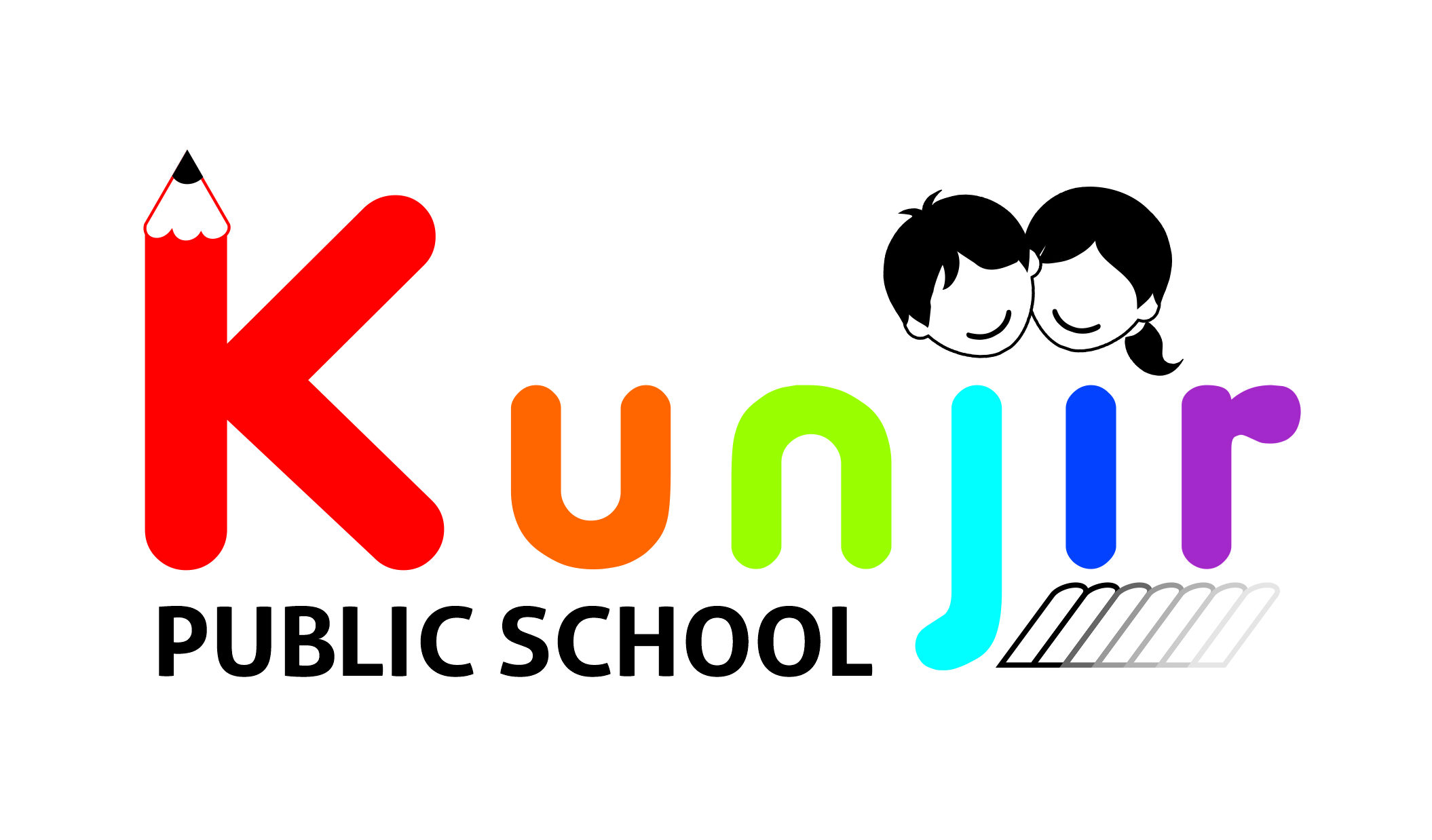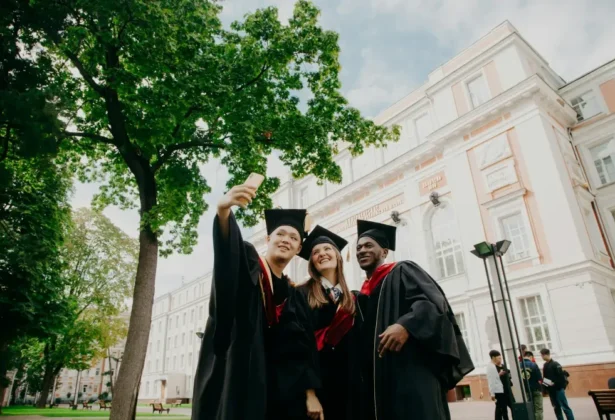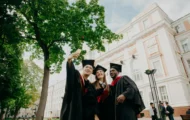Introduction Department Of Social Science (History, Geography, Polity, Economics)
The Social Science Department offers an integrated understanding of society through History, Geography, Polity (Civics/Government), and Economics. In history classes, students journey through time, learning about world civilizations, Indian heritage, and significant global events – building perspective on how the past shapes our present. Geography lessons cover physical and human geography, where students explore maps, climate patterns, and environmental issues, often through practical activities like model-making or local field trips to observe geographical features. Civic awareness is cultivated in Polity/Civics courses by studying the constitution, governance systems, and citizens’ rights and duties; students might simulate elections or hold a mock parliament to understand democratic processes. Economics classes introduce basic economic principles, financial literacy, and current economic issues, encouraging students to analyze market trends or even run simple surveys/projects on economic phenomena. Together, these subjects foster a broad awareness of societal structures and encourage students to become informed, responsible citizens.

About The Department
Beyond classroom learning, the Social Science Department actively engages students in activities that develop critical thinking and public speaking. A highlight is the organization of Model United Nations (MUN) simulations and debates on contemporary issues. Through MUN conferences, students role-play as delegates of different countries, debate global topics, and learn diplomacy, which greatly enhances their research skills and confidence in argumentation. Regular debate competitions and panel discussions – sometimes in collaboration with the English Department – allow students to deliberate on historical interpretations, current events, or policy issues, sharpening their reasoning and communication. The department also guides students in economic analysis projects, like examining the school’s recycling program through an economic lens or discussing the national budget’s impact on society. These interactive opportunities translate textbook knowledge into practical experience. Students gain a nuanced understanding of world affairs, develop empathy by examining social issues, and learn to voice their opinions respectfully. In essence, the Social Science Department equips young minds with a strong sense of civic responsibility and the leadership skills to participate in and positively influence the community and society at large.




